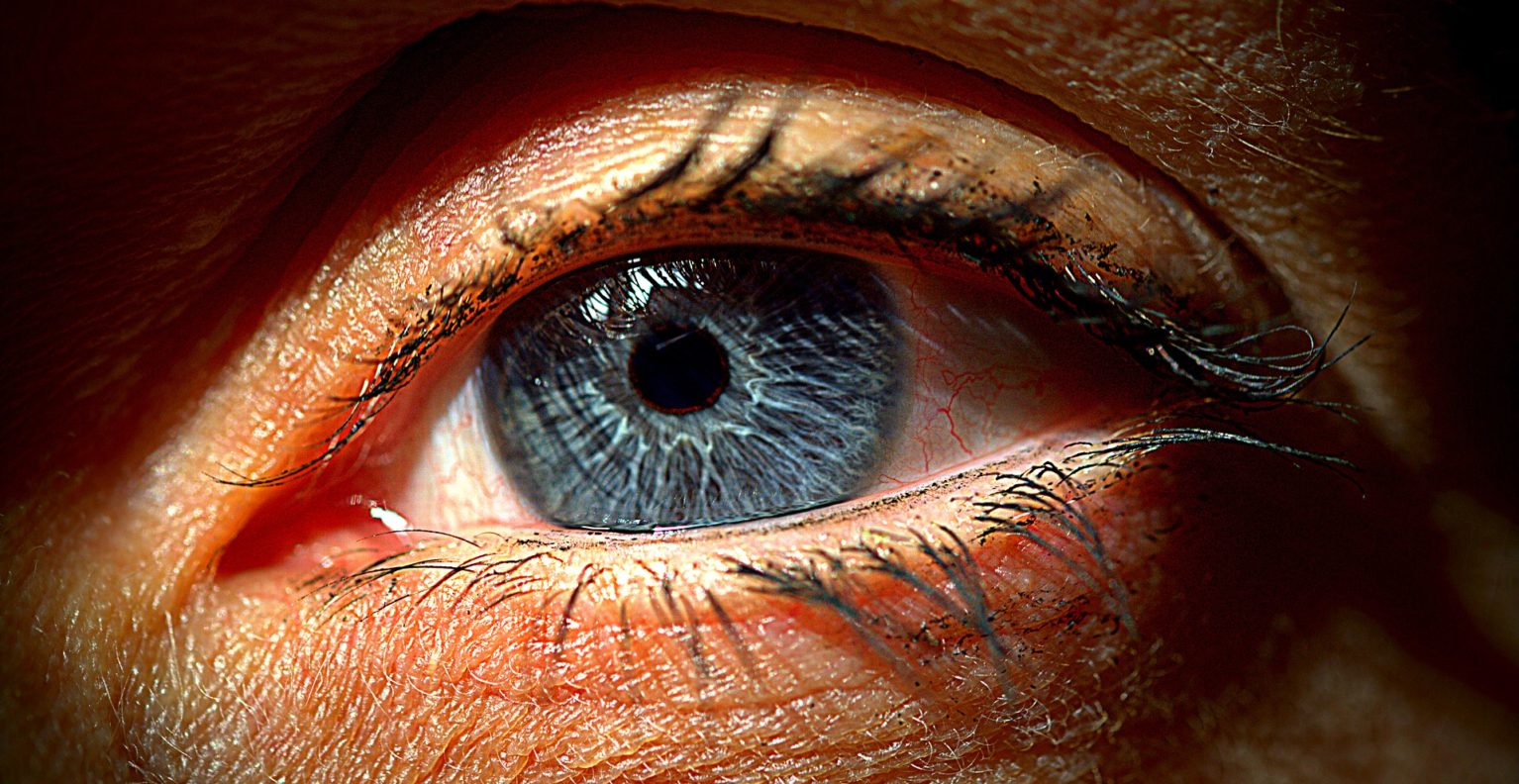We know the COVID-19 pandemic has made some patients, especially those over 65 or with other risk factors, nervous about venturing out of their homes. However, maintaining your retina care, including intravitreal injections if you need them, can mean the difference between keeping or losing your vision.
Please know that the health and safety of our patients is our number one priority and that we are following strict infection control protocols to keep you as safe as possible when you come in for an appointment.
Why are retina visits so important?
With many retina conditions, your vision can change quickly. Monitoring these changes is important to help our physicians adjust your treatment plan as needed. In addition, many of our patients with a variety of retinal conditions, including age-related macular degeneration (AMD), diabetic retinopathy, retinal vein occlusion and uveitis, require ongoing intravitreal injections to maintain their eye health and vision. Stopping or delaying these injections too long can increase your risk of vision loss. It is also important to keep follow-up appointments after any type of retina surgery.
What about general eye exams?
At Texas Retina Associates, we don’t conduct routine eye exams, but we encourage everyone to see a local ophthalmologist or optometrist at least annually to protect their vision and overall health. According to the American Academy of Ophthalmology, only half of Americans see an eye care professional on a regular basis, and that was before the COVID-19 pandemic. Even if you see 20/20, you should maintain your routine eye care for two key reasons:
- Your optometrist or general ophthalmologist can spot eye disease early and take steps to protect your sight. Many eye conditions are silent so by the time you notice symptoms, your vision may be partially impaired. This is true for potentially blinding eye diseases, such as age-related macular degeneration, ocular melanoma or glaucoma.
- Your eyes can be windows to your overall health. During an eye exam, your routine eye care provider can spot early signs of other health conditions such as high blood pressure, diabetes, or stroke risk and can work with your primary care physician on a treatment plan.
Taking care of yourself is as important as it ever was. We encourage you to keep your retina and general eye appointments to protect your health and vision. In addition, don’t hesitate to contact us if you ever experience any new symptoms or sudden vision changes such as flashes, floaters or loss of vision.


